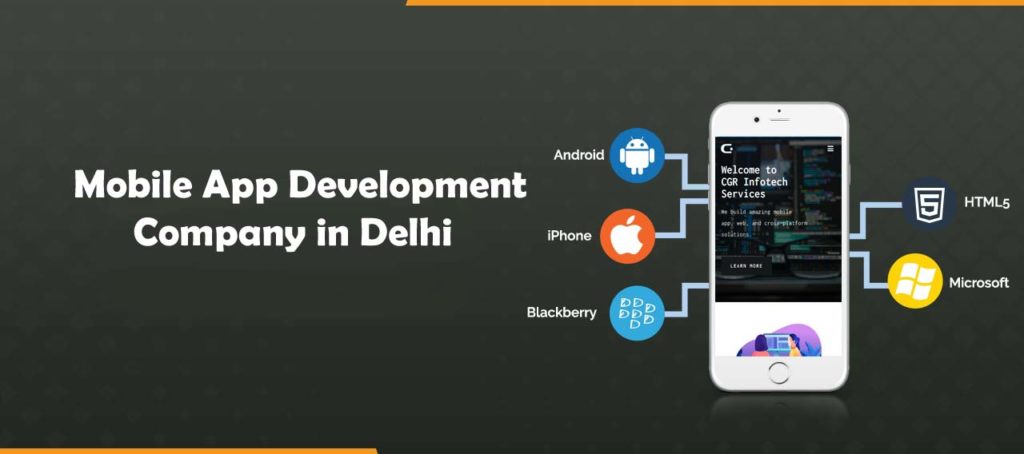
Mobile app development is the process of creating software applications that run on mobile devices such as smartphones, tablets, and smartwatches. Here are some key aspects of mobile app development:
Platform: Mobile apps can be developed for different platforms such as Android, iOS, or hybrid platforms like React Native or Flutter.
Programming Languages: Developers can use a variety of programming languages like Java, Kotlin, Swift, Objective-C, C#, or Dart, depending on the platform and framework they choose.
User Interface (UI) and User Experience (UX): A mobile app's UI/UX design plays a critical role in user engagement and retention. Developers should create visually appealing designs that are easy to navigate and intuitive to use.
Security: Mobile apps should be developed with security in mind, including features like data encryption, secure data storage, and user authentication.
Integration with APIs: Mobile apps often need to integrate with APIs to access data and services from third-party platforms or databases. This requires knowledge of APIs and web services.
Performance Optimization: Mobile apps should be optimized for performance, including fast load times, minimal battery drain, and smooth user experience.
App Store Guidelines: Developers must comply with app store guidelines to ensure their apps are approved for distribution on app stores like Google Play Store or Apple App Store.
Testing and Debugging: Mobile apps should be thoroughly tested and debugged to ensure they are stable and reliable. This requires knowledge of testing frameworks and tools.